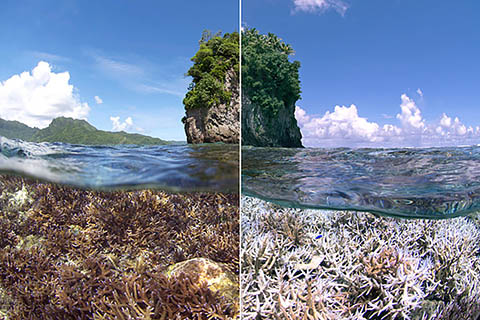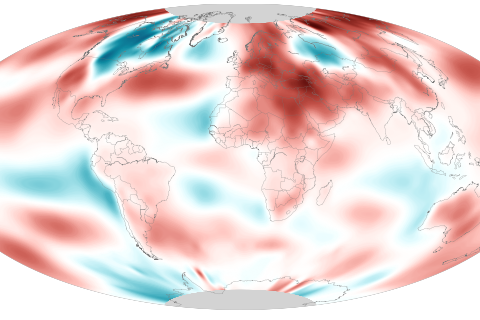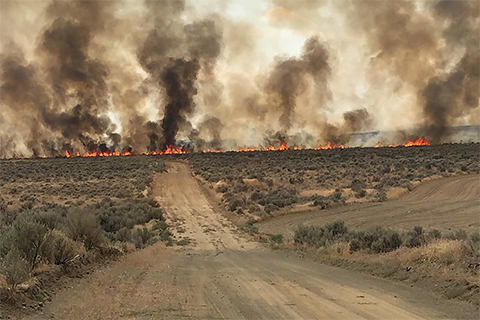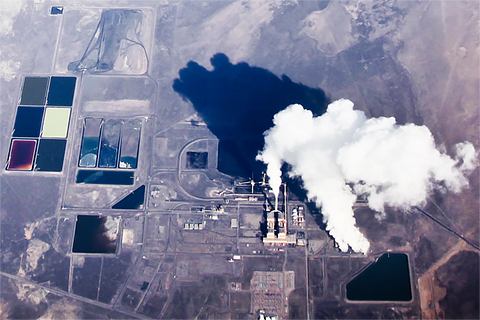
Human-caused climate change is not the sole cause of any single extreme event. However, changes in the intensity or frequency of extremes may be influenced by human-caused climate change.

Human-caused climate change is not the sole cause of any single extreme event. However, changes in the intensity or frequency of extremes may be influenced by human-caused climate change.

Yes, there will probably be some short-term and long-term positive benefits from global warming, but the negative costs and impacts of continued global warming are very likely to far outweigh the positive benefits over the course of this century.

Global warming and related climate change are negatively impacting species and habitats across the country, including many that are economically and culturally important to Americans.

From heat-related illness, to the spread of pests and pathogens into new areas, to the accumulation of toxins in seafood, global warming is likely to have serious impacts on public health.

Potential effects of global warming include sea level rise, more frequent and more extreme heat waves, intensification of wet and dry regional climate patterns.

No. By a large majority, climate scientists agree that average global temperature today is warmer than in pre-industrial times, and that human activity is the primary contributing factor.

Yes, there are, but the only new process on Earth that has been identified that can account for the significant tipping of Earth's carbon balance is human activity, including deforestation, biomass burning, cement production, and—especially—fossil-fuel emissions.

Yes, human activities exert a cooling influence on Earth in several ways. Overall, this cooling influence is smaller than the warming influence of the heat-trapping gases humans put into the air.

There is overwhelming scientific evidence that Earth is warming and a preponderance of scientific evidence that human activities are the main cause.

Yes, human activity is putting carbon dioxide into the atmosphere faster than natural processes take it out. Rising carbon dioxide levels are strengthening Earth's greenhouse effect and causing global warming.